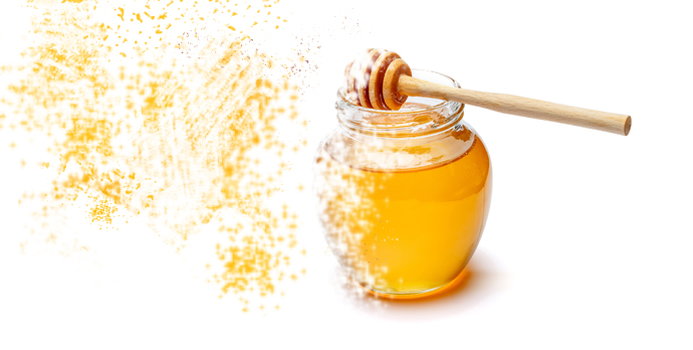1. Honey
Losing bees has the potential to impact the production and growth of many different plants and foods, including the fact that fewer bees means that less delicious honey will be produced. Without bees, whole ecosystems could collapse. Plus the costs of foods would skyrocket including animal foods, which rely on bee-pollinated fodder for the animals.
2. Avocados
This is another food that requires bees. If you want to help to protect the bees, reduce your use of pesticides which can weaken bee’s immunity and make them more susceptible to diseases. Try making safer homemade insect and pest repellants using things like chili pepper, garlic, soap and oil for your garden to avoid hurting bees.
3. Blueberries
Blueberries are at risk of extinction because of the loss of bees. Another reason why bees are at risk is that they no longer have the habitat that they need to live and thrive. Support green spaces in your community and turn your garden into a bee paradise by planting diverse native species. More beautiful than expansive green laws are the large flower and plant gardens with varieties of different types of flowering plants for different bee’s needs! Plant a few blueberries bushes for sweet treats for you and your bee friends.
4. Almonds
Water drought and lack of bees are just a few reasons why almonds are at risk of going extinct. Almonds require a huge amount of water to grow and with water shortages happening everywhere due to climate change this could have a huge impact on the availability of almonds. No bees to pollinate and no water to grow, this protein-rich food source could disappear.
5. Wine
Climate change can impact bees, water, and our wine. Due to changing in temperatures and lengths of seasons around the world, traditional wine production is having difficulties. Many wineries are having to relocate or change the types of grapes they are growing to address the change in climate. This could mean a shortage or even an end to production of your favorite wines!
[Image via iStock/Getty]



